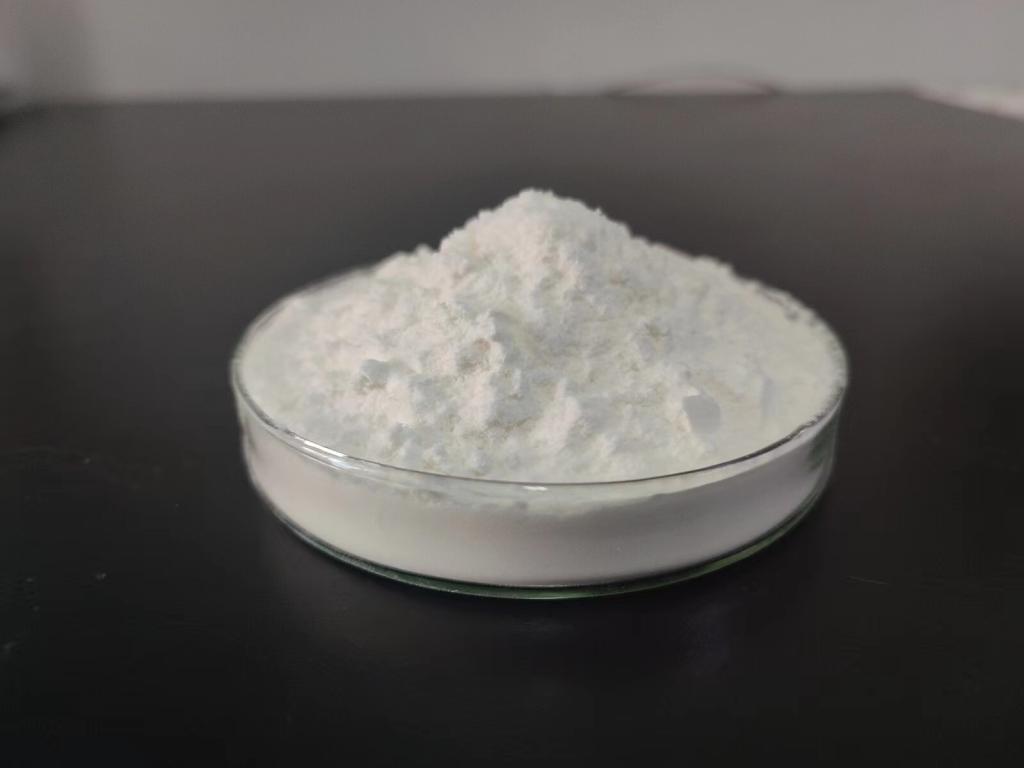Tel:+8618231198596

News
 CONTACT
CONTACT
 CONTACT
CONTACT
- Linkman:Linda Yao
- Tel: +8618231198596
- Email:linda.yao@dcpharma.cn
- Linkman:CHARLES.WANG
- Department:Overseas
- Tel: 0086 0311-85537378 0086 0311-85539701
News
What is the impact of ε-Polylysine hydrochloride on the environment?
TIME:2023-04-03
Firstly, ε-Polylysine hydrochloride is biodegradable. When it is released into the environment, it is broken down by microorganisms into simpler compounds such as carbon dioxide, water, and ammonia. This means that it does not accumulate in the environment and does not pose a long-term threat to ecosystems.
However, the production of ε-Polylysine hydrochloride can have environmental impacts. The production process involves fermentation of Streptomyces albulus, which requires a large amount of energy and resources. The production process also generates waste products such as fermentation broth, which can have high levels of organic matter and nutrients that can cause environmental problems if not properly treated.
In addition, the use of ε-Polylysine hydrochloride in food production can also have environmental impacts. Its use may lead to increased production of food products, which can result in increased greenhouse gas emissions and other environmental impacts associated with food production, such as land use and water consumption. However, these impacts can be mitigated by reducing food waste and improving the efficiency of food production and distribution systems.
Another potential concern is the release of ε-Polylysine hydrochloride into water systems. While ε-Polylysine hydrochloride is biodegradable, it can still have an impact on aquatic ecosystems. When it is released into water systems, it can affect the balance of microorganisms, which can have a cascading effect on the entire ecosystem. However, the risk of this happening is relatively low as ε-Polylysine hydrochloride is mainly used as a food preservative and not widely used in other applications.
To minimize the environmental impact of ε-Polylysine hydrochloride, it is important to properly manage the production process and waste products generated during production. This can include implementing best practices for waste management, such as proper treatment of fermentation broth and proper disposal of waste products. It is also important to reduce the use of ε-Polylysine hydrochloride in food production where possible and to promote sustainable food production and distribution systems.
In conclusion, ε-Polylysine hydrochloride is a natural antimicrobial agent that has many benefits, but it is important to understand its impact on the environment. While it is biodegradable and does not accumulate in the environment, the production process and use of ε-Polylysine hydrochloride in food production can have environmental impacts. To minimize these impacts, it is important to properly manage the production process and waste products, reduce the use of ε-Polylysine hydrochloride where possible, and promote sustainable food production and distribution systems.
- Tel:+8618231198596
- Whatsapp:18231198596
- Chat With Skype







